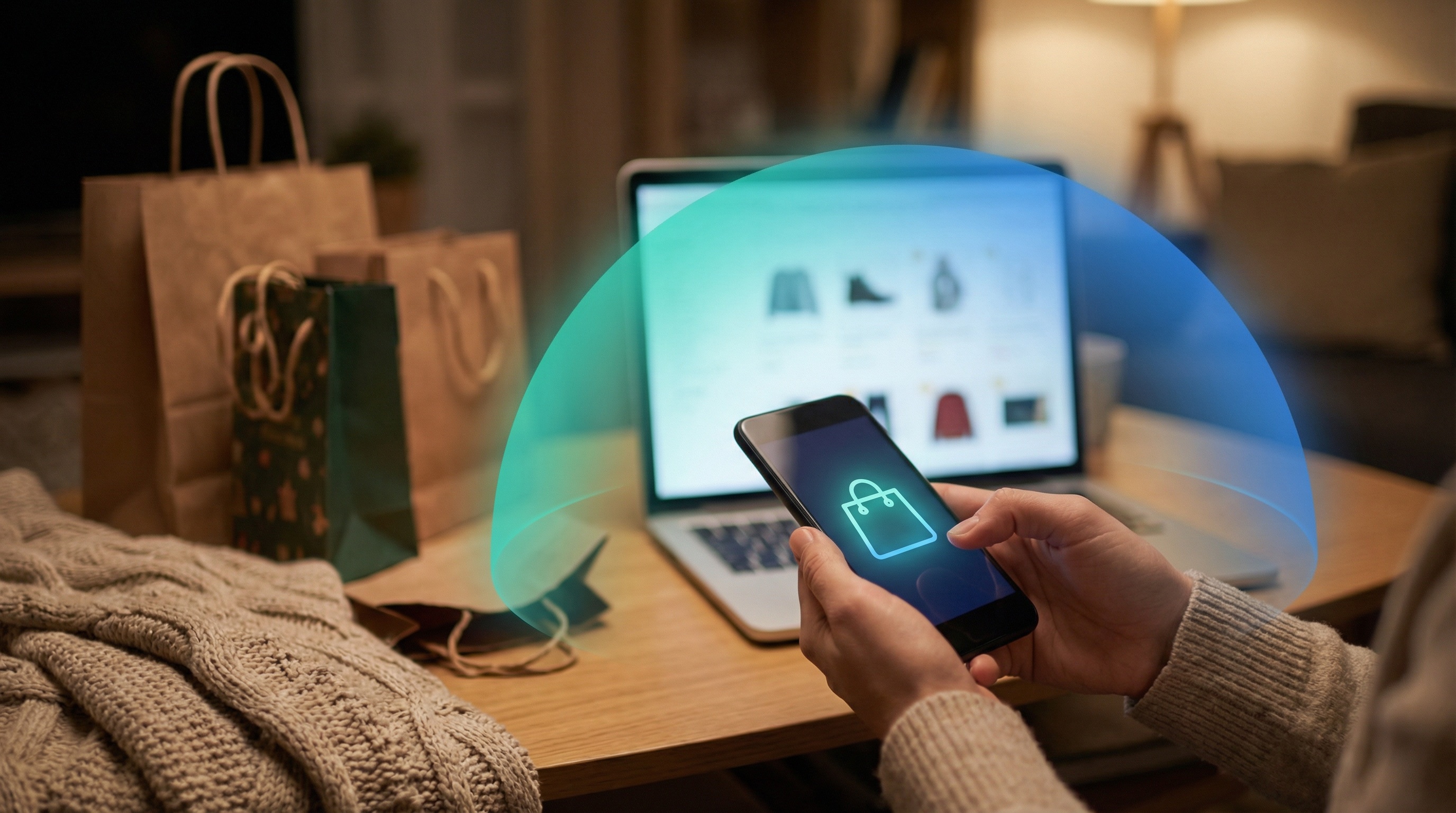COVID ONLINE LEARNING: How To Equip Your Child

Key Takeaways
Like most parents, my world was turned upside down when schools and daycares closed due to the COVID-19 pandemic. Gone were the days of sipping coffee without interruptions as I began my workday. I had to learn not only how to work from home with three kids begging for attention, but also how to facilitate their schoolwork using a platform none of us had ever used before.
Despite having a degree in computer science and spending most of my day in front of a computer, I've always tried to limit my children's screen time. Because of this, their experience on a computer prior to COVID was pretty limited. While I value cuddling with my kids on family movie nights, I've seen the effects of addictions to video games and electronics in others and didn't want that for my family. Because of this, my kids had very little experience using a computer when the COVID-19 pandemic forced them into online schooling.
{{component-cta-custom}}
When schools began to operate online, I pulled out an old laptop and gave them the best tutorial I could give on the spot. They could open the browser, click on the bookmark to open their Google Classroom, enter video chats, and with help, they could submit their assignments. Great! I can finally get some work done myself! After the first week, things seemed perfect. My kids were keeping up with their schoolwork, and by allowing them to play educational computer games, it freed up more of my time to focus on work. I never imagined I'd be the type of parent to allot my children with unlimited computer use during the day, but desperate times called for desperate measures, and it worked.
Then it happened.
My son needed some help using a new program for school, and when I opened a new tab to search for instructions online, the new tab screen that greeted me wasn't what should have appeared. It was an advertisement instead. Then, when I performed the search, my trusty Google results didn't display. It was an entirely different page filled with even more advertisements. I checked the browser settings, and it showed Google as the default search provider, and that's when I realized: My kids' computer was infected with a browser hijacker.
At that moment, I felt like I had failed big time. Not only do I work for a company that develops browser protection and write about cybersecurity, but I could also have easily added my Guardio protection to my kids' computer. With my own Guardio account, I could have added protection to up to 5 computers, or I could have added them to my family plan--without paying a penny more. This whole situation could have been avoided if I had simply thought ahead and taken full advantage of the protection I already had available to me.
I tracked down the source of the Yahoo Search browser hijacker and uninstalled it before installing Guardio onto my children's' computer. It was a lengthy process that I truly hope to never repeat again. When I questioned my kids, I learned that they tried to download Fortnite. A quick recheck of their browser history showed that they never visited the Epic Games or Fortnite websites. They downloaded it from an untrusted source, and the download didn't even include the Fortnite game.
This situation really got me thinking. What do I need to do to equip my kids to use the Internet? What things should I teach them so they're equipped to be good net-citizens, even when I can't sit by their side?.
Use Browser Protection
Never let your kids use a computer without browser protection. If you have an account with Guardio, you can add your protection to up to 5 devices at no extra charge. If you don't have an account with Guardio, plans are super affordable, and you can start with a free trial to make sure that it's a good fit before you commit.
Don't Talk to Strangers
This is one of the more obvious tips, but I was astounded when I learned that friends of my 7 and 8-year-old were regularly talking to strangers as they played Fortnite together. This wasn't filtered text aimed toward kids. They were freely talking through a microphone to complete strangers on the Internet. While I may have dropped the ball on installing browser protection, I did teach my kids not to talk to strangers and felt overjoyed when I overheard my son call his friend on Messenger Kids to let him know he dropped out of a battle because there were people on the team he didn't know.
Cover the Webcam When Not in Use
Some malware has the ability to automatically turn on a laptop's webcam, sometimes without the active light appearing. Someone could be watching at any time, and you'd be none the wiser. Even if you're positive the computer doesn't have malware, if Mark Zuckerberg does it regularly, I don't think it's a bad idea for the rest of us to do the same.
Keep Your Passwords Secret
Except from a parent or teacher. Remind your child that if someone else has their password, it allows that person to do anything they want within the account. At best, a friend or classmate might post something silly to trick others into thinking your child made the post. Or, they might find their account unusable or other accounts using a similar password may have been hacked as well. In the words of my 8-year old, "If you want to keep your Fortnite V-Bucks, don't share your password".
Don't Use the Same Password For Multiple Sites
I know it's tough to remember multiple passwords. It's even harder for our kids to remember multiple passwords. Let alone being the parent remembering passwords for your own accounts AND your kids' accounts. If you're worried, you might not remember it, use Google's Free Password Manager feature on Chrome and remember only your Google password moving forward. Not only will they remember and input your passwords for you, but they'll also suggest a strong, unique password that won't be easily cracked.
Free Wifi Isn't Always Safe
The things that we love about free Wifi connections are the same things hackers love about them. There is no security authentication to gain access, which means hackers can easily gain access to insecure devices on the same free Wifi connection. If you need to use free Wifi, make sure to turn off sharing from your system preferences or choose "public" the first time you connect to a new network without added security.
Keep Personal Information Personal
It's easy to be fooled by websites and communications that ask you to enter your information right away. Make sure your children know to come to you and ask for permission before entering any of their information, including their name and birth date.
Don't Answer That Email
Most malware and phishing attacks happen through a combination of email and compromised websites. Make sure your child knows not to open or answer any emails sent from someone they don't know. The same applies to downloading attachments.
When in Doubt, Tell an Adult
Our children are going to encounter many, many things online. It's impossible to predict every possible scenario they might encounter. Whether it be online bullying, a security alert, a browser hijacker, or a questionable email, make sure your children know that if they aren't sure what to do, just stop and tell an adult what's happening.
{{component-cta-custom}}








